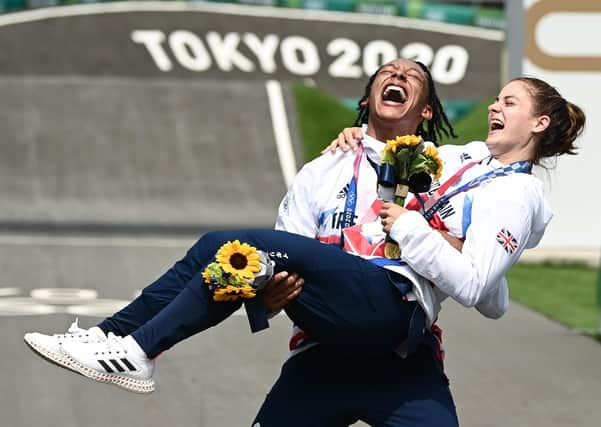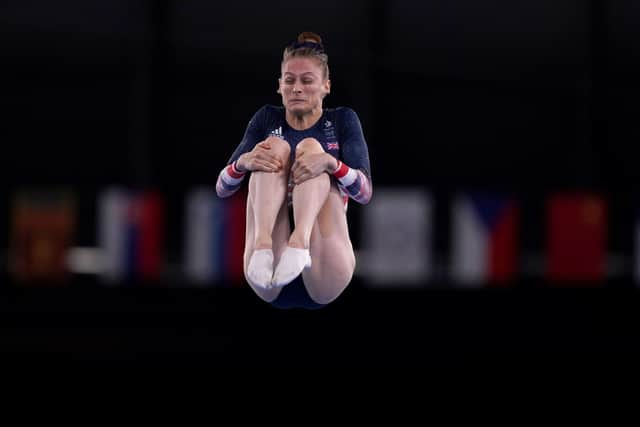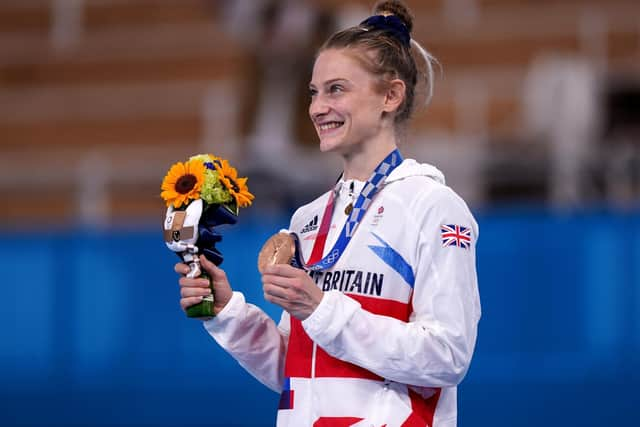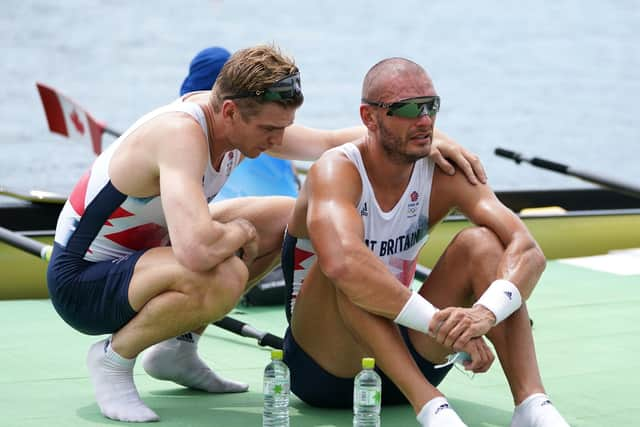Beth Shriever, Kye Whyte and Bryony Page part of urban sports at vanguard of a transitional Olympic Games


As the first week drew to a close in Tokyo, that belief has borne out, with Pidcock winning gold in the mountain biking and Sinden a silver in taekwondo.
Yet it is the entire British Olympic movement that could be in for a shift of more seismic proportions, that of a move away from the traditional Olympic sports to an urban uprising.
Advertisement
Hide AdAdvertisement
Hide AdIn the space of a few hours on Friday morning, this notion came to the fore. British rowing, for four decades a great pillar of Olympic sport and in 1996 the only discipline where Britain won a medal, concluded the Olympic regatta with a bronze for the men’s eight, only their second medal of the Games and their poorest return since 1976.


A few hours later, Beth Shriever and Kye Whyte won gold and silver in BMX, thrilling those lucky enough to be trackside and wowing the millions watching back home.
The difference in funding between the two sports is stark. British Rowing received £24m for the last Olympic cycle, while British Cycling effectively saw BMX and mountain biking cut off. They had to lobby to reallocate funding to those two sports for fear it would close the door completely on a pathway to the Olympics. Shriever had to set up a crowd-funding page to help her achieve her dream.
That all changed in Tokyo, and her gold, while a huge springboard to grow her sport, could have far-reaching repercussions for others.
Advertisement
Hide AdAdvertisement
Hide AdFor this is the Games of youth and of diversity. The Olympic programme is now full of more urban sports, not just BMX but skateboarding and 3-on-3 basketball, which are popular in the inner-cities.


Rowing, suddenly, appears more elitist and is now vulnerable to a changing national mood and a UK Sport body that might have to cut its cloth accordingly when it reveals its first funding cycle in a post-pandemic world.
Double Olympic champion James Cracknell observed yesterday: “We got three gold, two silver in Rio. We come away from Tokyo, £24m of investment in British rowing, with one silver and one bronze.
“At a time when the national budget is under pressure from so many different areas, is that a good return on investment?”
Advertisement
Hide AdAdvertisement
Hide AdHis old team-mate Andrew Triggs Hodge, a three-time gold medallist across Beijing, London and Rio, is working with London Youth Rowing to introduce the sport to a wider audience.


It is a noble task, and one we wish him well with, but he knew beforehand it was not an easy one. The GB rowing team’s disappointment in Tokyo, measured against the success of this new breed of sport that is battling with them for participation, commercial sponsors and funding, makes the challenge even harder.
How many young children watched Bryony Page on the trampoline yesterday morning and went out into the garden to bounce on their own trampoline?
How many watched Shriever and Whyte on their BMX and went into the garage and pulled out their own bike and set off up the road? It’s as easy as that.
The Olympics are changing before our eyes.